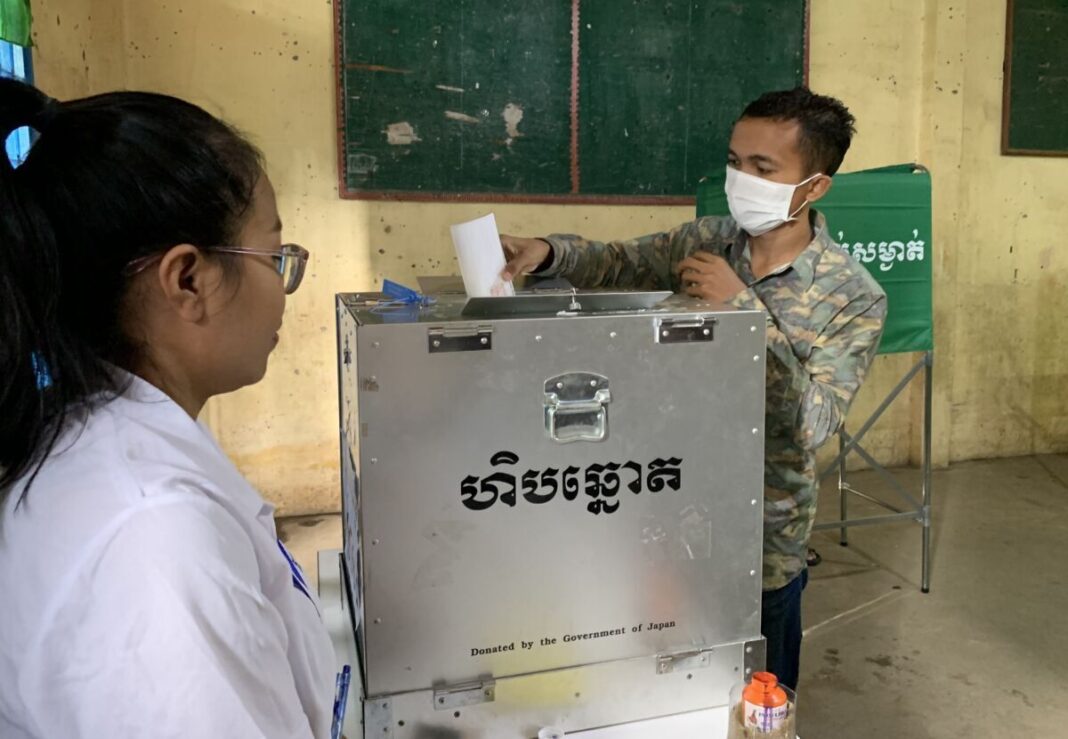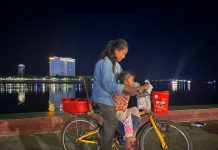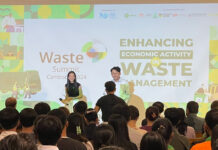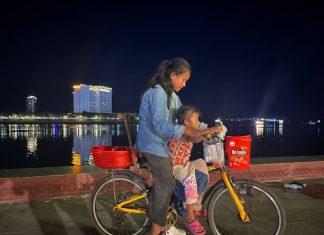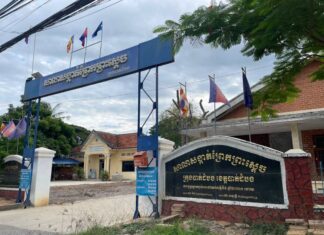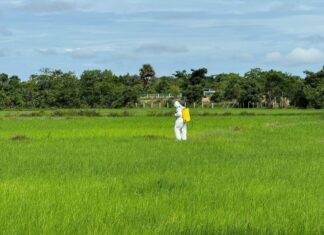The government rejected international criticism of the July 23 national election, pointing to high voter turnout and the approval of 90,000 local observers as proof of the poll’s credibility.
“The voting process exemplified a genuine political pluralism,” the Ministry of Foreign Affairs said, “offering Cambodian citizens and their respective political parties an equal and fair opportunity to engage in political contests within the confines of the law.”
More than 400 international observers witnessed the vote, in addition to tens of thousands of local monitors.
“The electoral proceeding was closely monitored by nearly 60,000 political parties’ agents and 90,000 independent national observers,” the Ministry said, “collectively attesting to the fairness and transparency of the process.”
China and Russia congratulated Prime Minister Hun Sen and the ruling CPP on the victory, but many Western democracies — including Australia, the E.U., France, Germany, the United Kingdom and the United States — condemned the outcome.
The U.S. asserted the election was “neither free nor fair,” and said it would impose targeted sanctions against the Kingdom’s leadership.
“Cambodian authorities engaged in a pattern of threats and harassment against the political opposition, media, and civil society that undermined the spirit of the country’s constitution and Cambodia’s international obligations,” the U.S. State Department said. “In response, the United States has taken steps to impose visa restrictions on individuals who undermined democracy and implemented a pause of certain foreign assistance programs.”
The U.S. did not offer details on the projects or people under review.
Chief among complaints were the lack of a credible opposition and the silencing of independent media. The government blocked several websites — including Radio Free Asia, The Cambodia Daily, and Kamnotra, an open-source database — ahead of the poll.
“The lead-up to the July 23 poll saw the disqualification of the main opposition party and further pressure on independent media and civil society,” the Australian Embassy in Phnom Penh said. “This undermined the ability of all Cambodians to be informed, to express their views freely and to have a genuine choice in how they are governed”
Cambodia in recent years has jailed hundreds of opposition members, including Kem Sokha, leader of the country’s only credible opposition group.
“We call for the release of detained opposition members,” the French Foreign Ministry said following the vote, “and urge the Cambodian authorities to respect the fundamental rights necessary for the restoration of democracy.”


